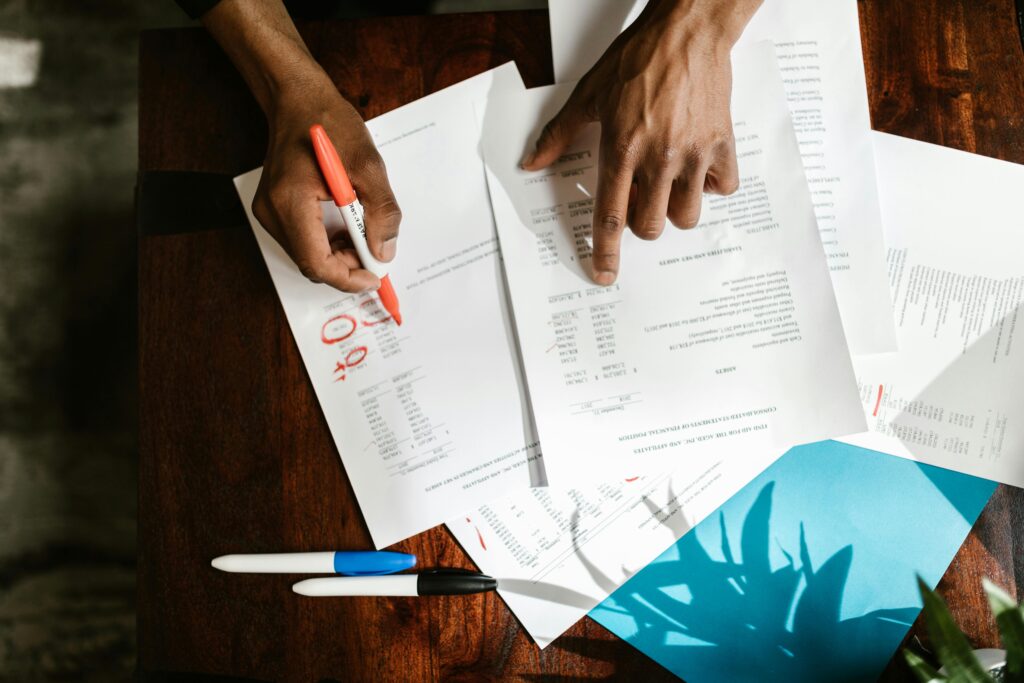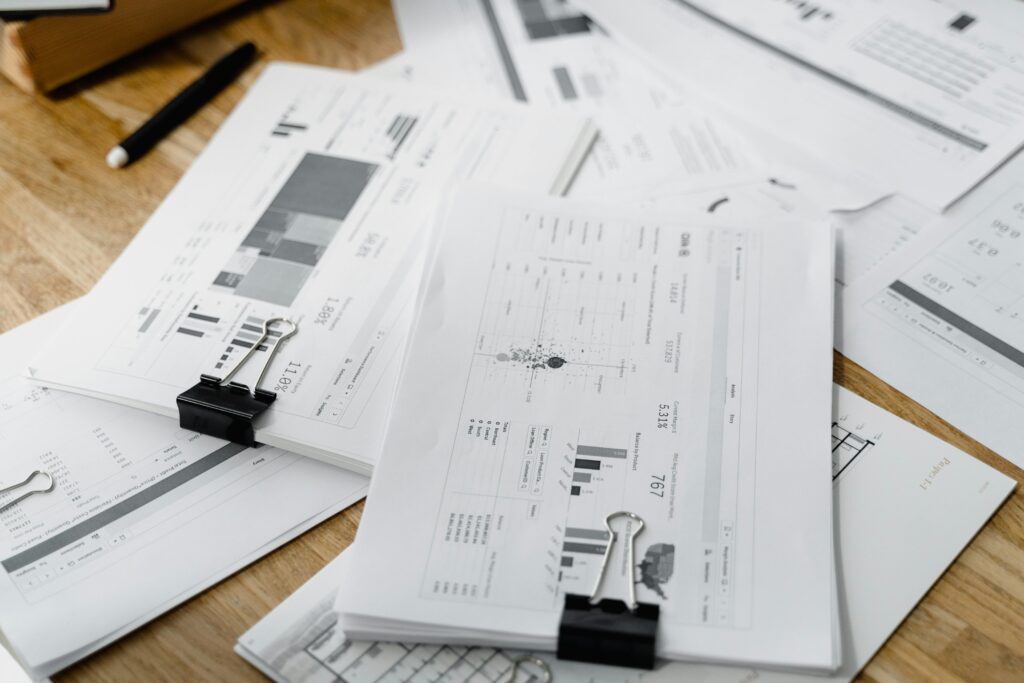So, you’re thinking of diving into the world of forensic accounting? Smart move. Whether you’re about to earn your accounting degree or already knee-deep in audits and financial statements, this field has a lot to offer—especially if you’ve got a nose for fraud detection and a love for the details.
To pursue a career in forensic accounting is to step into the frontline of financial investigations, supporting litigation, uncovering white-collar crime, and sometimes even giving court testimony as an expert witness. You’ll need strong evidence analysis skills, rock-solid internal controls knowledge, and a sharp eye for regulatory compliance.
Most start with a CPA or CA title, then specialise—many go on to become a Certified Fraud Examiner (CFE). And yes, the Big 4 accounting firms love this niche.
If you’re ready to start a forensic accounting profession, let’s map your path step by step.
What a Forensic Accountant Actually Does… and Why It’s in Demand
Let’s clear this up right away: forensic accounting isn’t about wearing a lab coat and solving crimes under a microscope. But you will be solving puzzles. Big ones. Ones that involve missing money, dodgy transactions, and people who hoped no one would notice.
At its core, this job is all about digging through financial data to spot what’s off. Maybe it’s fraud. Maybe it’s a company hiding losses before a big deal. Maybe someone’s cooking the books and thinks no one will catch them. That’s where you come in and it could be very stressful.
You’ll work closely with lawyers, businesses, and sometimes even the police. You might help a company recover stolen funds, support a court case, or prevent fraud before it happens.
And demand? It’s growing. Fast. Financial crime isn’t slowing down, and the world needs people who can follow the money and explain what really happened—clearly, calmly, and with facts that hold up in court.

The Non‑Negotiables: Degrees, Certifications & Core Skill‑Set
You can’t bluff your way into forensic accounting. This is one of those careers where credentials really do matter. You need the right foundation, a few specialist add-ons, and the kind of mindset that keeps digging even when the trail goes cold.
Let’s break down what you actually need to get started—and what’ll give you an edge.
Minimum Education: Bachelor’s in Accounting (or equivalent)
First step? A degree. Doesn’t have to be flashy, but it needs to cover the basics:
- Financial accounting
- Auditing
- Business law
- Tax
- Management accounting
Already have a business or finance degree? You might still be in the game—as long as it includes solid accounting papers.
Professional Licences: CPA / CA & Regional Requirements
In New Zealand, most employers will expect you to be:
- A CA (Chartered Accountant) through CA ANZ
- Or a CPA (Certified Practising Accountant) through CPA Australia
These qualifications show you know your stuff, can act ethically, and have practical experience under your belt. Without one? It’s tough to get through the door.
Specialist Certifications: What They Add
Once you’ve got your base qualification, here are a few extras that’ll help you stand out:
| Certification | What It’s Good For | Who Offers It |
|---|---|---|
| CFE | Fraud investigation, internal control | ACFE (global) |
| CFCS | Financial crime, anti-money laundering | ACFCS (global) |
| Cr.FA | Courtroom-ready reporting & audit work | American Board (US) |
You don’t need them all—but one or two? Big boost.
Optional Up-skilling: When You Want to Go Deeper
Keen to go beyond the basics? You could explore:
- Master’s in Forensic Accounting or Fraud Investigation
- Short courses in cyber-forensics
- Certificates in data analytics or blockchain auditing
Not required—but if you’re aiming for top-tier roles or want to future-proof your career, these help.
Technical Toolkit: What You’ll Use on the Job
You don’t need to be a tech wizard or be a pro with accounting software but you should get comfy with tools like:
- Audit software (CaseWare, IDEA, etc.)
- Data-mining tools (ACL, Power BI, Excel pivot tables on steroids)
- E-discovery platforms (used in legal and compliance cases)
Bonus: learning how to write basic SQL queries can make you very popular in a team.
Personal Specs & Ethical Standards Recruiters Expect
Hard skills will get your foot in the door—but these keep you there:
- A natural curiosity (aka you don’t let things slide)
- Integrity and confidentiality—non-negotiable
- Clear, calm communication (especially when stakes are high)
- Ability to spot patterns and inconsistencies
- Thick skin—you’ll sometimes be dealing with high-pressure situations
Oh, and ethics? Absolutely key. You’re often the person standing between a business and a massive financial mess.

Frequently Asked Questions About Becoming a Forensic Accountant
How do I become a forensic accountant in New Zealand?
In NZ, most forensic accountants start by becoming a Chartered Accountant (CA) through CA ANZ. That usually means a bachelor’s in accounting, three years of practical experience, and passing the CA program. Once you’re qualified, you can apply for roles in forensic teams at firms like the Big 4, government agencies, or insurance companies.
How much do forensic accountants make in NZ?
It depends on your experience, but here’s a rough idea:
- Entry-level: around $60,000–$80,000
- Mid-level (3–5 years): $90,000–$120,000
- Senior / Manager level: $130,000+
If you land a role at one of the Big 4 or specialise in high-stakes litigation, you could earn even more.
What are the qualifications needed for forensic accounting?
At a minimum, you’ll need:
- A recognised accounting degree
- A CPA or CA designation
- Experience in audit, assurance, or financial analysis
Many professionals also add a CFE (Certified Fraud Examiner) certification or similar, depending on their niche.
Do the Big 4 hire forensic accountants?
Yes, absolutely. All four—PwC, Deloitte, EY, and KPMG—have dedicated forensic teams. They handle everything from fraud investigations to regulatory disputes, so if you want big-name experience on your CV, the Big 4 is a great place to start.
Is forensic accounting the same as being a CPA?
Not quite. A CPA is a general accounting qualification—it’s your license to practice. Forensic accounting is a specialty. You can’t really be a forensic accountant without first being a CPA (or CA in NZ), but once you have that, you can choose to specialise.
Which degree is best for forensic accounting?
The safest bet is a Bachelor’s in Accounting. If you’re already studying business or finance, make sure you’ve got plenty of accounting papers. If you want to stand out later, you could look into a master’s in forensic accounting or certifications like the CFE.
